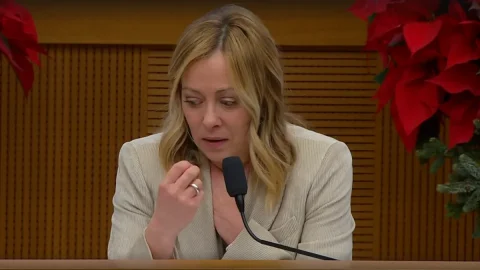In Country reports of Atradius last October we read an interesting analysis on Turkey.
After two years of growth driven by domestic demand (+9,1% in 2010 and +8,5% in 2011), the performance of the Turkish economy recorded a marked slowdown which, in the first two quarters of the year, settled respectively at 3,3% and 2,9%. The causes must be traced back to a collapse of the manufacturing and construction sectors, as well as a marked decline in sales in the Eurozone and in domestic demand. This slowdown has led the Central Bank to take decisions of restrictive monetary policy, such as the increase in overnight rates. These measures are necessary by virtue of a very high rate of inflation, which went from 6,5% in 2011 to 10,4% in the first quarter of 2012. Turkey, as Importing country of raw materials (95% of oil is imported), is very vulnerable to rising global commodity prices and this situation is exacerbated by the volatility of the Turkish lira. Between 2009 and 2011 imports grew much more than exports in the face of strong domestic demand and this led to a trade deficit of 10% of GDP, fueled further by the weakness of the Turkish currency against the prices of imported goods. In this context, labor market reform is still progressing too slowly to effectively combat thestructural inflation. In turn, the privatization processes of banks and energy sectors should be implemented faster and more decisively.
If the mechanical field has so far driven the performance of the iron and steel sector, the reduction in domestic and foreign demand and competition from the Far East have caused the textile sector to collapse. The banking sector is still robust, with a high capital adequacy ratio of over 16%, attractive profits and transparent portfolios. The negative signal comes from blank checks, which increased by 56% in the first eight months of the year, due to the fact that the penalties against them were reduced at the beginning of 2012.
Inflation is expected to fall to 7,6% in 2013, reaching still very high levels: much will depend on future developments in theEurozone, which still accounts for 50% of exports and the main source of capital investment. In the form of FDI and portfolio capital, this covered Turkey's high deficit over the years, but also made thevulnerable and dependent Turkish economy from these forms of financing, especially in the short term. This represents a potential risk for the future, mainly due to the strong volatility of the Turkish lira which, in turn, could lead to further fluctuations in the exchange rate. And in times of crisis, in the absence of efficient structural reforms, this translates into uncertainty and instability.
Attachments: Atradius_Country_Report_Turkey_Oct12.pdf





